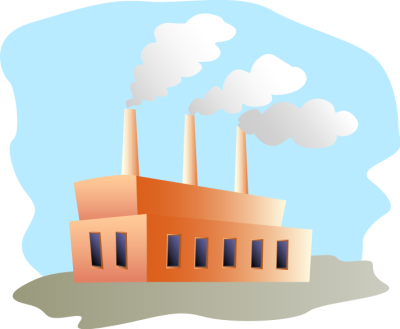Last week I attended the 43rd annual Nobel Conference at Gustavus Adolphus College in tiny St. Peter, MN. Authorized by the Nobel Foundation of Stolkhom, Sweden, the conference brings together renowned experts to discuss timely issues, like aging or globalization. This year, it was “Heating Up: The Energy Debate.â€
My highlight of the conference was hearing from economist Paul L. Joskow of MIT, who discussed carbon regulation.
While many politicians favor a cap-and-trade policy (in which a limit on CO2 is determined and then tradable/sellable permits to pollute are issued to utilities and industry), economists generally prefer a carbon tax that simply taxes CO2 at a certain rate.
That said, Joskow actually argued that a cap-and-trade policy is the best way to create a market for CO2 and drive down emissions. First of all, a cap-and-trade policy is politically feasible, and making sure it actually has a chance of passing Congress in our lifetime is the most important thing to slowing global warming. Secondly, a cap-and-trade plan links the U.S. with other nations (and states) that have already started down this path, thus creating a global solution to a global problem.
Continue reading Utilities, Business Acting Now To Prepare For CO2 Regulation
